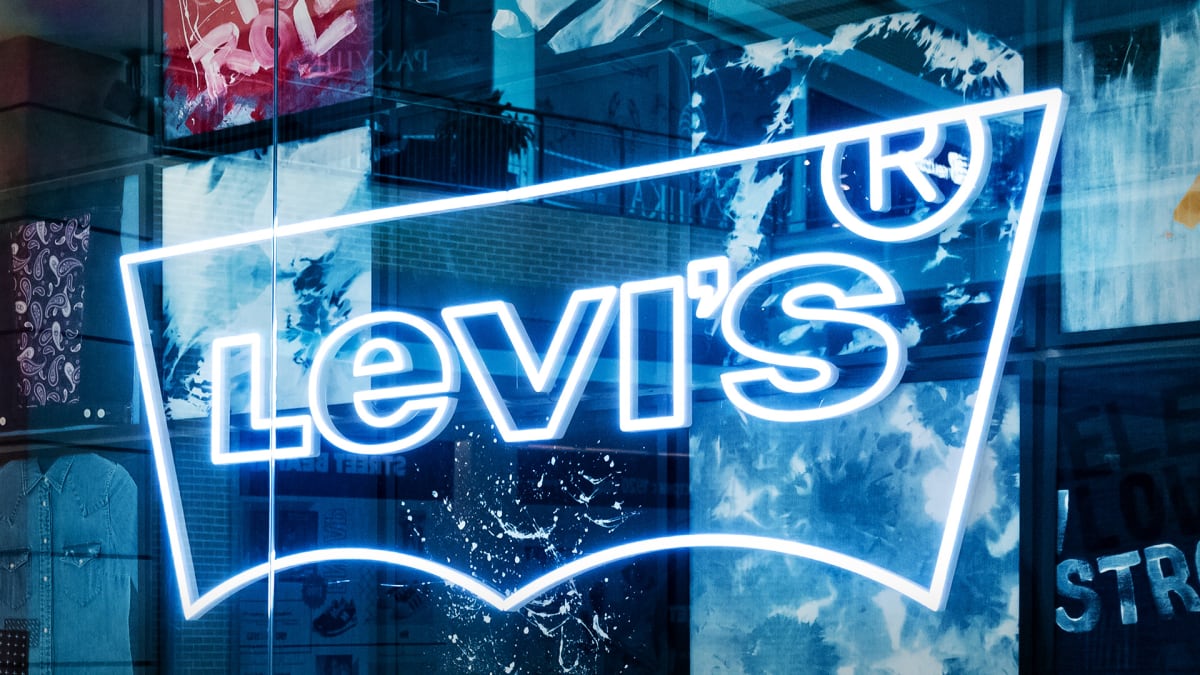
Going to take a wild guess here and say Levi Strauss & Company’s new artificial intelligence experiment is probably not what people had in mind when they say companies should embrace a more diverse workforce.
The apparel retailer in San Francisco said that it will partner with startup Lalaland.ai to create AI-generated fashion models. Levi says the idea is to showcase avatars that reflect more people in society, including body type, age, size, and skin tone.
“We know our customers want to shop with models who look like them, and we believe our models should reflect our consumers, which is why we’re continuing to diversify our human models in terms of size and body type, age and skin color,” Levi's said in a statement.
“This AI technology can potentially assist us by supplementing models and unlocking a future where we can enable customers to see our products on more models that look like themselves, creating a more personal and inclusive shopping experience,” the company said.
Dear lord, where to begin.
Models on the cheap
Let’s start with Levi’s insistence that it means to use AI to supplement its efforts to hire more diverse real life models. At the risk of appearing cynical, no company is going to say they will use AI to replace human beings. Until they actually do.
The whole point of AI is to do things faster and cheaper. Every AI model Levi’s deploys means one less gig for real life models.
Indeed, using fewer models, the company argues, is a way to promote one of its cherished values: sustainability. Translation: Levi’s can save money and reduce its carbon footprint by having to create fewer apparel and accessories to dress real life models.
Promote diversity and save the environment! Win-win!
Fake diversity
For better or worse, fashion reflects the values society holds over what we think is an attractive person. For years, critics have rightfully bashed the industry for creating unrealistic expectations over ideal size and weight, particularly women: skinny is very good, fuller and rounder not good. It’s the key reason why women, especially teenage girls, are susceptible to bulimia and anorexia.
And then there are the models themselves, many of whom suffer from eating disorders.
Yes, Levi’s AI software can create models that represent a broader array of women. But that seems like a cheap cop out. Instead of correcting past injustices by actually doing the hard work and reforming its practices, retailers can just press a few buttons and voila! Problem solved.
And will people traditionally excluded from society (women, racial minorities) feel any better about themselves by looking at computer generated images in fashion catalogs? How “real” is that? No more real than someone photoshopping a black student in the admission booklet so a mostly white university can seem more diverse.
We’ve also come a long way from photoshopping, which people can instantly spot. By contrast, AI has gotten quite good at creating hyper realistic images. The question is whether Levi’s and other retailers who use this technology will identify which model is real and which is fake.
To say that it doesn’t matter really degrades our humanity. And no piece of software can fix that.







